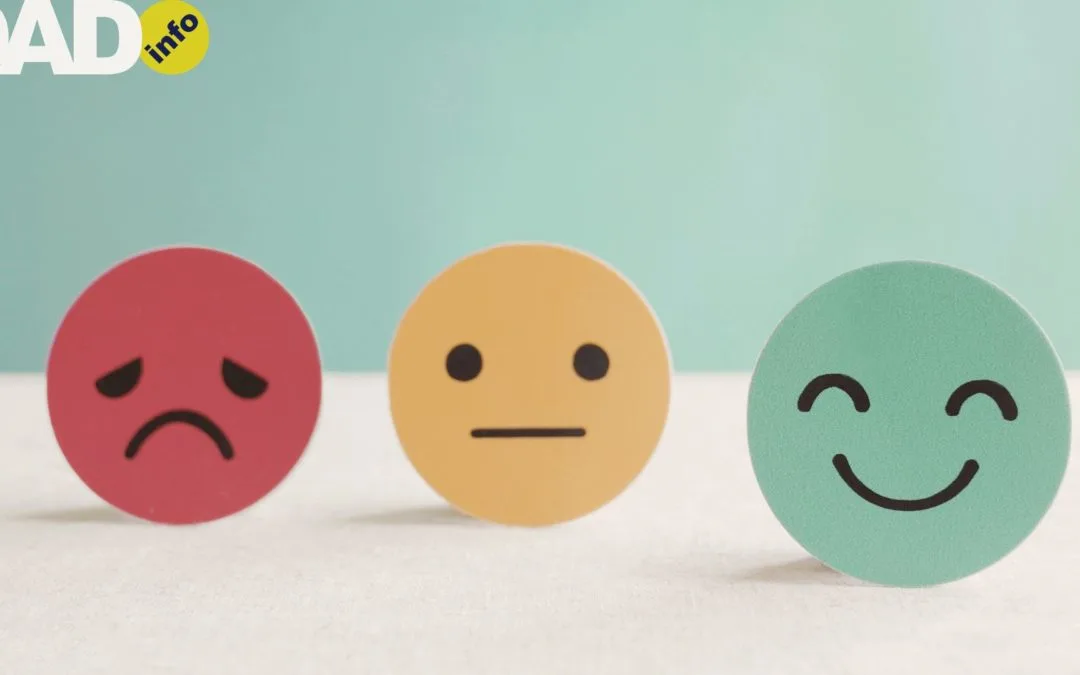 Winston Churchill described depression as his “black dog” and was plagued with bouts of depression at various points throughout his life.
Winston Churchill described depression as his “black dog” and was plagued with bouts of depression at various points throughout his life.
It is estimated that in their life time 8% of men and 12% of women will suffer from depression and the figure is rising each year. If you are male, you are less likely to seek help for your condition.
Understanding Male Depression
In recent years stats from the World Health Organisation prove that men are over three times more likely to kill themselves than women, particularly those aged between 16 and 24 years and those between 39 and 54 years. The reason for this is unknown but what we do know is that a male suffering from depression is more likely to attempt suicide than a woman and unfortunately men are more successful at killing themselves because they tend to pick more lethal ways of suicide. Men who are separated, divorced or widowed commit suicide more often than married men but depression can and does effect us all.
So let’s get down to the crux of the problem – as men we don’t discuss feelings with our mates, if we have a problem we keep it to ourselves. We don’t have the same support systems that women do. We suffer in silence – I’m not talking about man flu, which we are more than happy to discuss with anyone that’ll listen! I’m talking about a very serious condition that most men would rather suffer in silence than admit to. It’s the perceived weakness of a mental condition and the connotations we attach to people who suffer from them that is killing men. Realising that there is no stigma attached to depression and then understanding that the strongest thing you can do is seek help by seeing your doctor is the first step to getting better.
If you are suffering from depression you may experience some or all of the following:
- Feeling down, unhappy, and miserable for extended periods
- Getting little or no enjoyment in things
- Having problems getting to sleep or waking regularly during the night
- Feeling tired
- Lack of energy
- Irritability or sudden anger
- Increased loss of control
- Greater risk-taking
- Aggression
- Feelings of isolation and/or hopelessness
- Loss of appetite or more prone to comfort snacks
- Crying for no reason
- Considering or planning Suicide
Those around you might notice:
- Your performance at work has suffered
- You seem unusually quiet and unable to talk about things
- You worry about things more than usual
- You are more irritable than usual
- You complain more about vague physical problems
- You are not taking the same pride in your appearance – you may not bother to shave, wash your hair and wear clean clothes
- You may seek long periods of isolation
If you are suffering from some or all of these symptoms then seek medical help. Go to see your doctor. It may not be depression; thyroid problems can cause similar symptoms and can be diagnosed with a simple blood test. However if it is not a thyroid problem the chances are it is depression.
If you don’t have a sympathetic doctor, seek a second opinion. Depression can be treated with prescription drugs and treatment complimented with a talking therapy such as cognitive behaviour therapy (CBT).
If you are suffering from depression then know that you are not alone in this, many well known successful people have suffered from depression over the years; as well as Winston Churchill the list is endless – Ernest Hemingway, George S Patton, Claude Monet, John Cleese , Jim Carrey and Harrison Ford to name just a few.
 If you feel that you may be depressed, this short depression assesment maybe of help.
If you feel that you may be depressed, this short depression assesment maybe of help.
Here Max openly and honestly discusses his experience of depression:
I was diagnosed with depression in early 2006, I had been suffering from depression to some degree for about five years on and off – though at the time I didn’t realise it.
A few events triggered my major bout of depression –
Debt problems – We had been on a debt management plan for a couple of years. Under the agreement our creditors were not supposed to call us directly, most didn’t but it didn’t stop some of them. We received constant calls from a small group of our creditors making all kinds of threats. Trying to scare us into treating them differently to the other institutions we owed money to. I was scared to answer the phone. They even called my work place and left messages with work colleagues. Every month we received letters from this select group. It seemed continuous and I was not able to make it stop. I was beginning to feel that this was my fault and I was unable to protect my family from this pressure. I realised that I had failed my family.
Family health problems – My wife found a lump in her breast. The doctors were worried and ordered a biopsy. She was naturally scared and lashed out at me. She pushed me away at a time I wanted to support her. My sense of helplessness and isolation made this period of my life unbearable. It was my fault – it had to be my fault that she was pushing me away. Again I was failing my family.
Stress at work – The Company I worked for reduced the staff headcount. This meant that those of us that were lucky to have survived the redundancy process (which was stressful enough) were now overloaded with work. We all found ourselves working twice as many hours as normal and spreading ourselves too thin. Client’s deadlines were not being met and the work environment was a nightmare. The company just kept putting more pressure on us to cut costs and produce the same results as before.
At this time my daily commute to work was a minimum of three hours in the morning and another two of an evening. I was dead on my feet and quickly sunk into a deep depressed state – though again I didn’t know. I spent most of my time at home working. If I wasn’t working I was shouting at my wife and daughter or hiding away upstairs in bed. I didn’t want to socialise, didn’t do any house work, spent most of my time either laying in bed or staring into space – This was when I first started to plan the best way to kill myself.
Dramatic I know but I had decided that I was such a failure that my family would be better off without me (my life assurance at work was four times my annual salary and tax free). They couldn’t love me anyway, how could they when even I hated myself. The only way to stop my problems was to end it all. After weeks of thought, often into the early hours of the morning I had decided a car accident would be the easiest way. If I went off the road at high speed at the right place on my commute I was almost sure that I would not survive. Both my insurance and assurance would pay out as everyone would think it was an accident rather than suicide. All my families problems would be solved in one fell swoop – the money problems would be gone, I would be gone and my wife and daughter would be able to have a happier life without me dragging them down.
As strange as it seemed I felt these feelings were normal. It was normal for someone as useless at coping as I was to want to end their life. I didn’t tell my friends or family how I was feeling – how could I – they would see what a failure I am. They would realise that I was a failure as well and that would be far worse than just me knowing.
Everything came to a head when my wife told me that I needed to seek help or move out. This ultimatum gave me the push I needed to see a doctor. I was lucky that someone who cared was able to recognise that I was not right and needed help.
It wasn’t easy and to be honest the first doctor I saw was no help at all. He listened as I talked vaguely about what I had been suffering from, cut me off and told me to snap out of it. He sent me away with the instruction to take a long walk and sort myself out.
My wife took me back to the surgery the next day and we saw another doctor. He asked me some questions which prompted me to spill the whole story – I must have spoken for about half an hour. I talked about what was upsetting me, wanting to kill myself – things I had never told anyone and of course there were tears. At the end of this outpouring he didn’t judge me or laugh, I was amazed as he thanked me for being so honest. He then explained that he wanted to help me, I have never felt so relieved. He signed me off work for a month and started me on a course of drugs. He explained that I would need to return the following week to see him and see how the drugs were helping my mood and to ascertain if the dosage was correct. I walked out of the surgery with mixed feelings – happy that someone wanted to help, that my wife understood what I had been going through but I also realised that I had a medical condition that explained why I felt the way I did – it wasn’t all my fault.
In retrospect I can say that moment was the first step on a long journey back to a ‘normal’ happy life and, without being over dramatic, that my wife and my doctor certainly saved my life.
If Max’s story strikes a chord with you, DO something about it – don’t wait for things to ‘get better’ – GO see your GP and ask for help.








